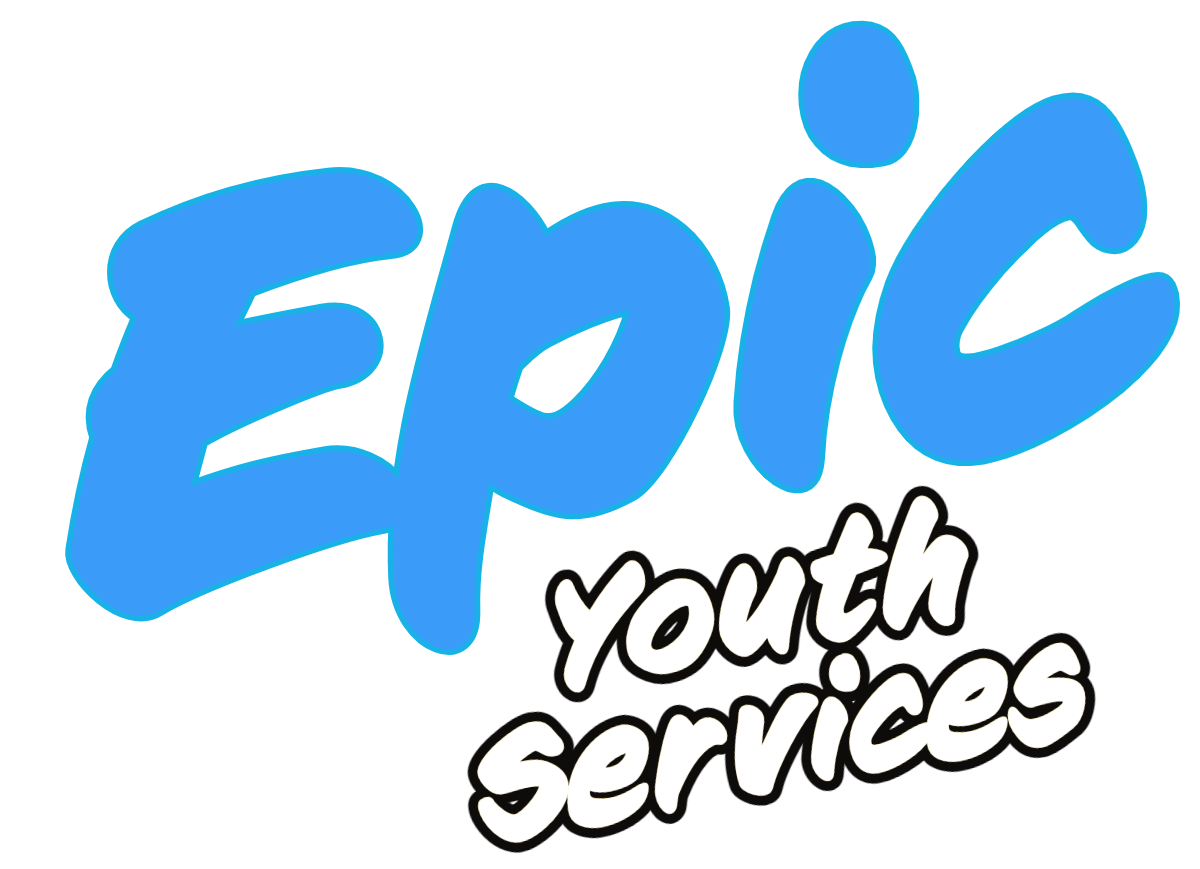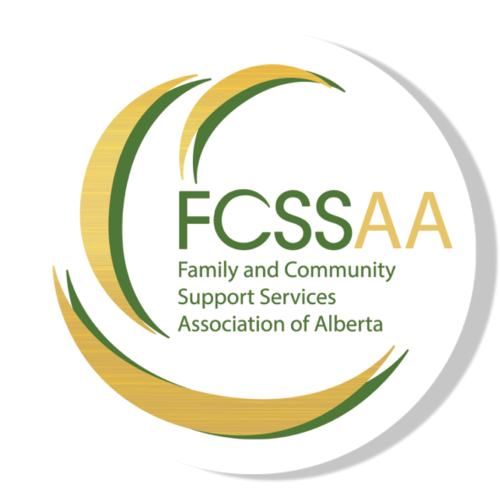Bridges of Hope is a non-profit organization with a mandate to dramatically drive systemic change in education, youth development, public health, economic development and other levers of opportunity that address community needs and improve the lives of people everywhere.
We believe connections shape the world and the people who make it. We work with people and organizations who share this conviction and are committed to tangible outcomes that positively shape the world around us.
The strategy is to build the human, personal, social, financial, and physical assets of people to become sustainable and reproducing agents who transition from beneficiaries to benefactors.
We recognize that relief in and of itself cannot eradicate world poverty. When business thrives, the need for relief is greatly diminished. Therefore, Bridges of Hope puts a high premium on indigenous enterprises, using business creation to combat poverty.
Through partnering with local people, we focus on facilitating and supporting sustainable enterprises and institutions that can create employment, decrease vulnerability and improve people’s quality of life in the developing world.
We extend the reach of our agents through collaboration, leadership development, information sharing, training and coordination, and represents their mutual interests when dealing with governments and others.
We emphasize shared responsibility. Our network is a strategic convergence of agencies, charities, foundations, and ministries. Our mutual support enables us all to further our goals.
Family and Community Support Services (FCSS) provide preventative social services to the residents of Cardston and the surrounding area through direct programs and services to the community as well as a range of services offered through FCSS-funded community organizations.
The FCSS philosophy is based on a belief that self-help contributes to a sense of integrity, self-worth and independence. Programs developed are intended to help individuals in their community to adopt healthy lifestyles, thereby improving the quality of life and building the capacity to prevent and/or deal with crisis situations should they arise.
One of the key principles of the FCSS Program is local responsibility for priority setting and resource allocation. Within the parameters of the FCSS Act and Regulation, each municipality or Métis Settlement determines how the FCSS funding they receive should be allocated to best meet the needs of their community. Local FCSS Programs are part of the larger provincial Program that collectively helps to ensure that Albertans have access to a strong network of prevention supports.


